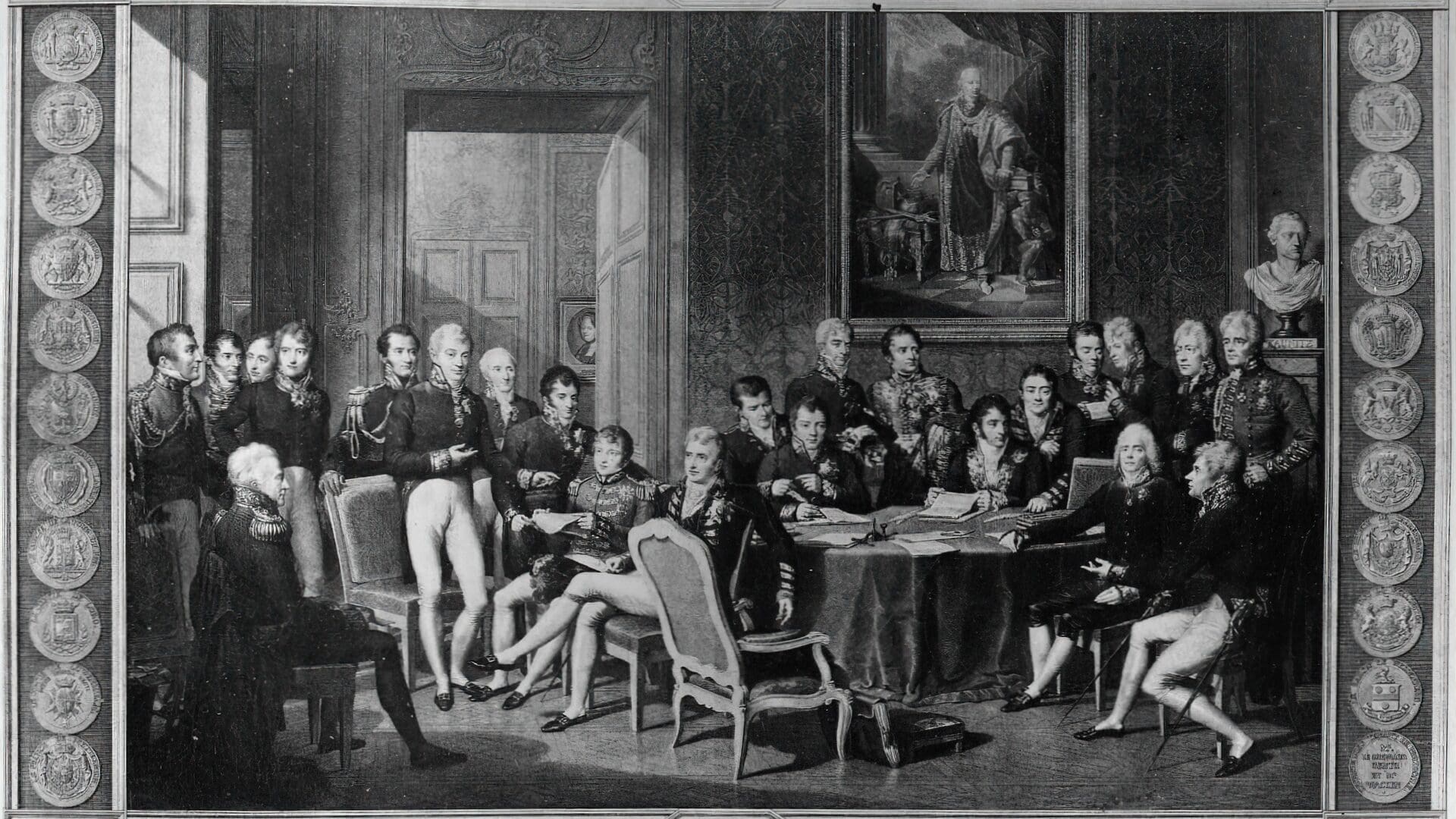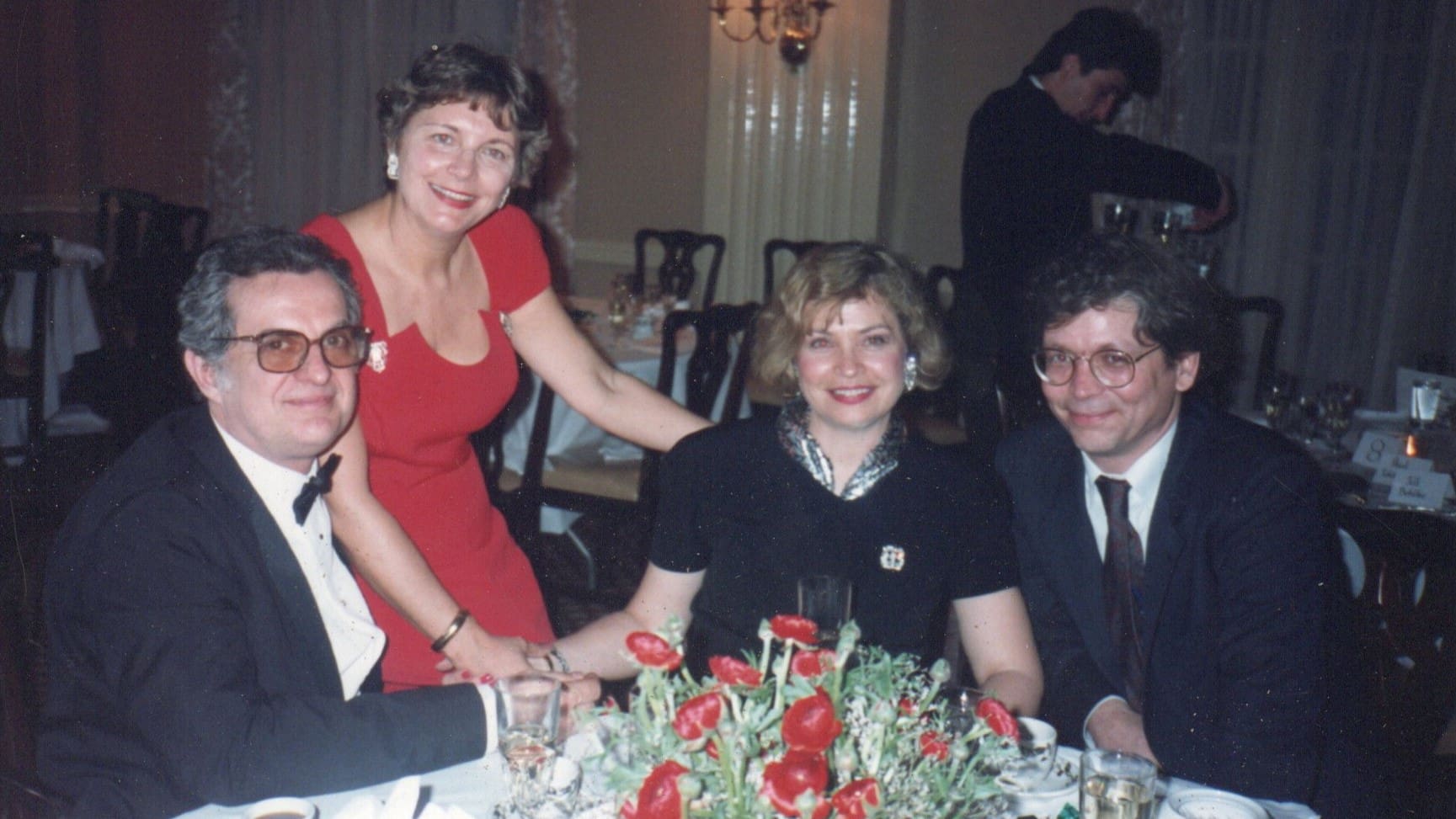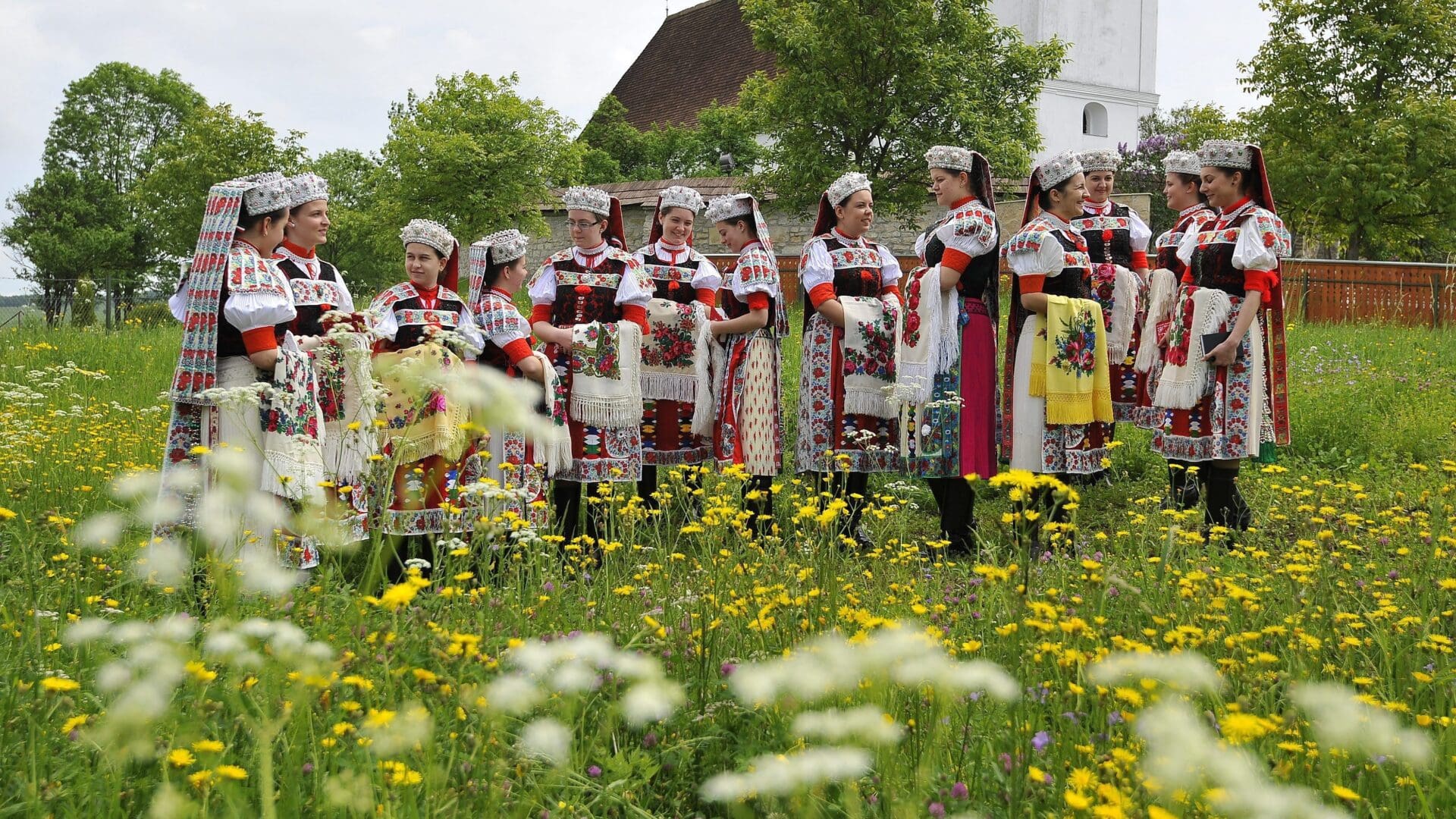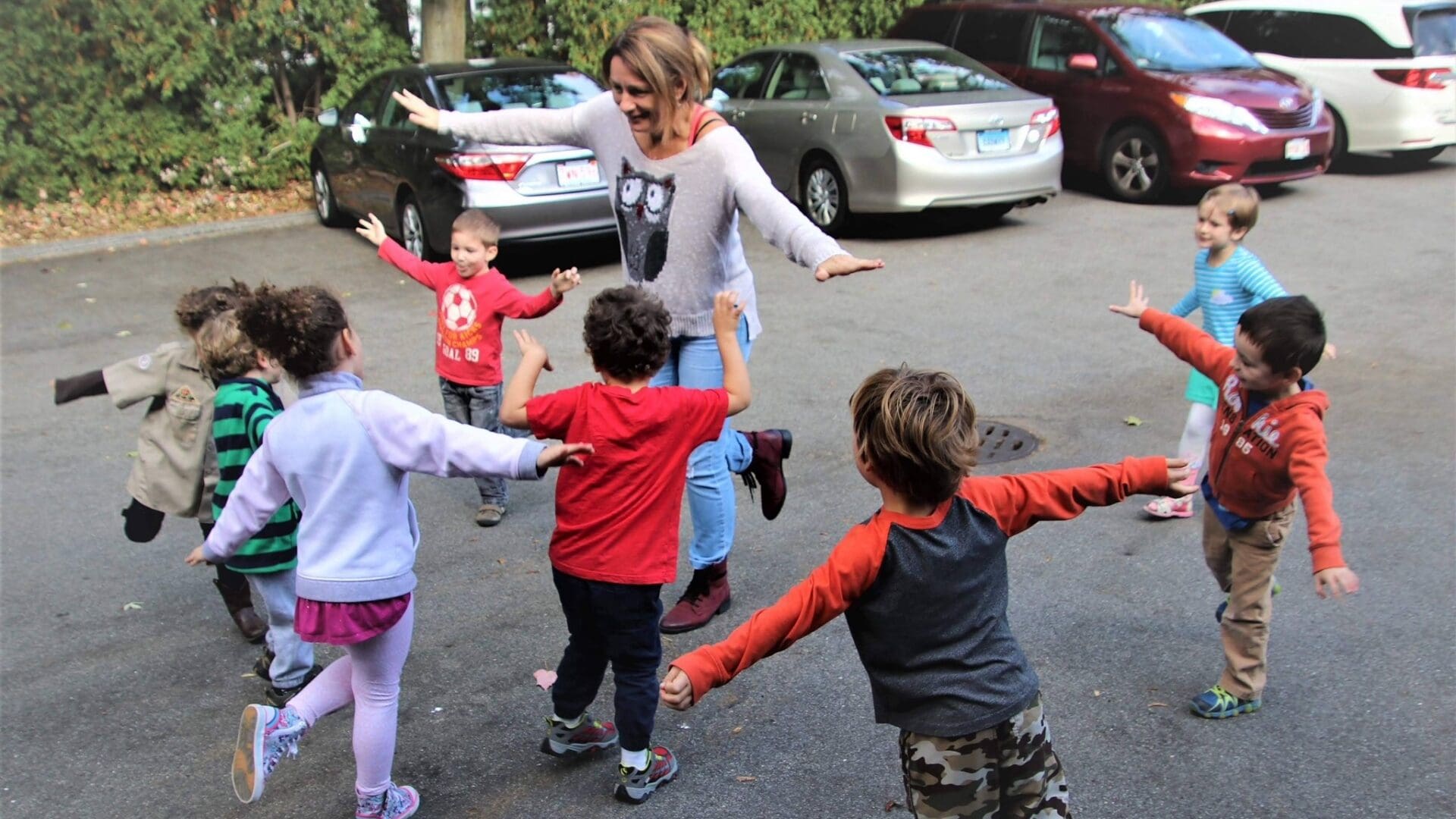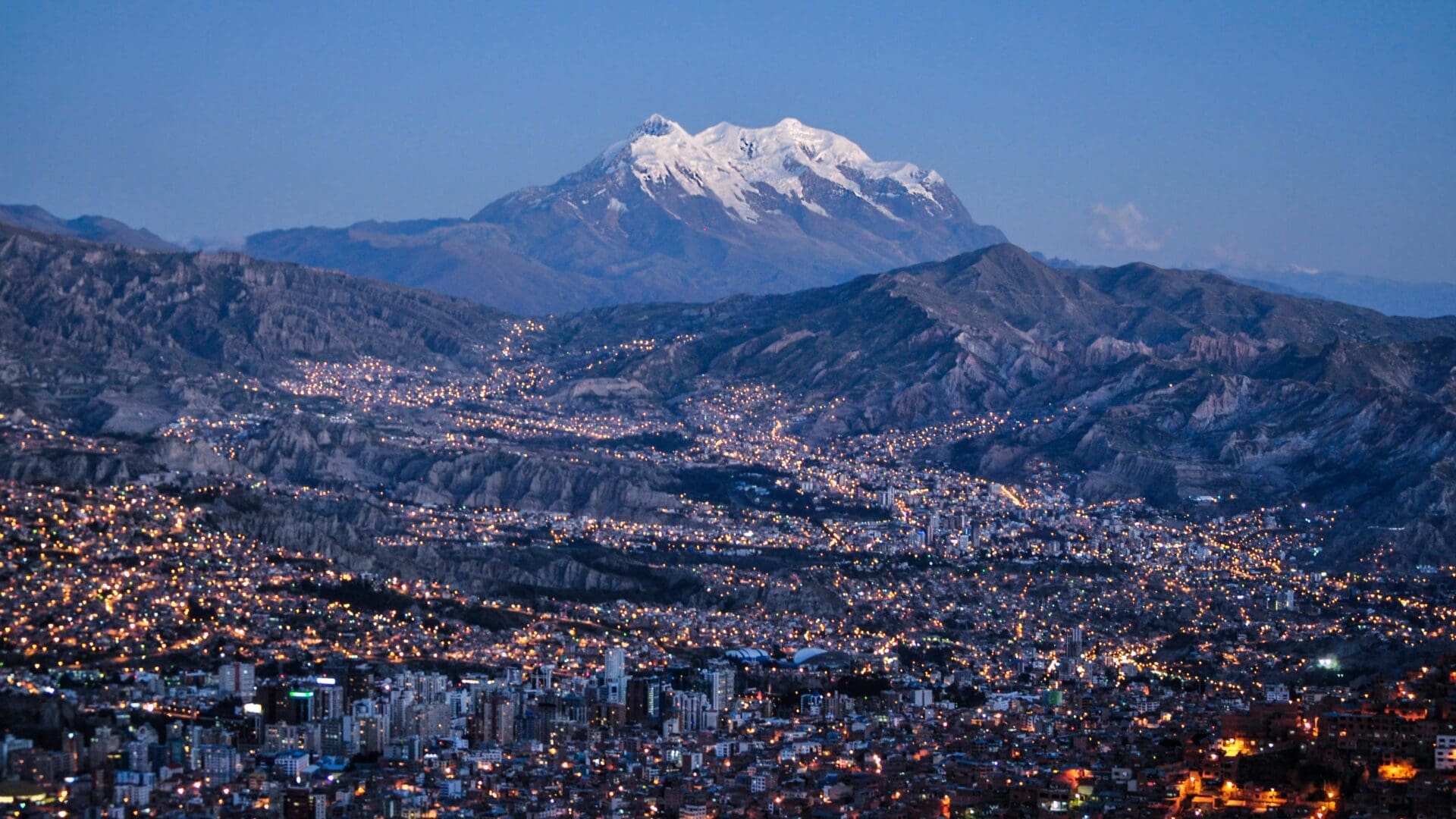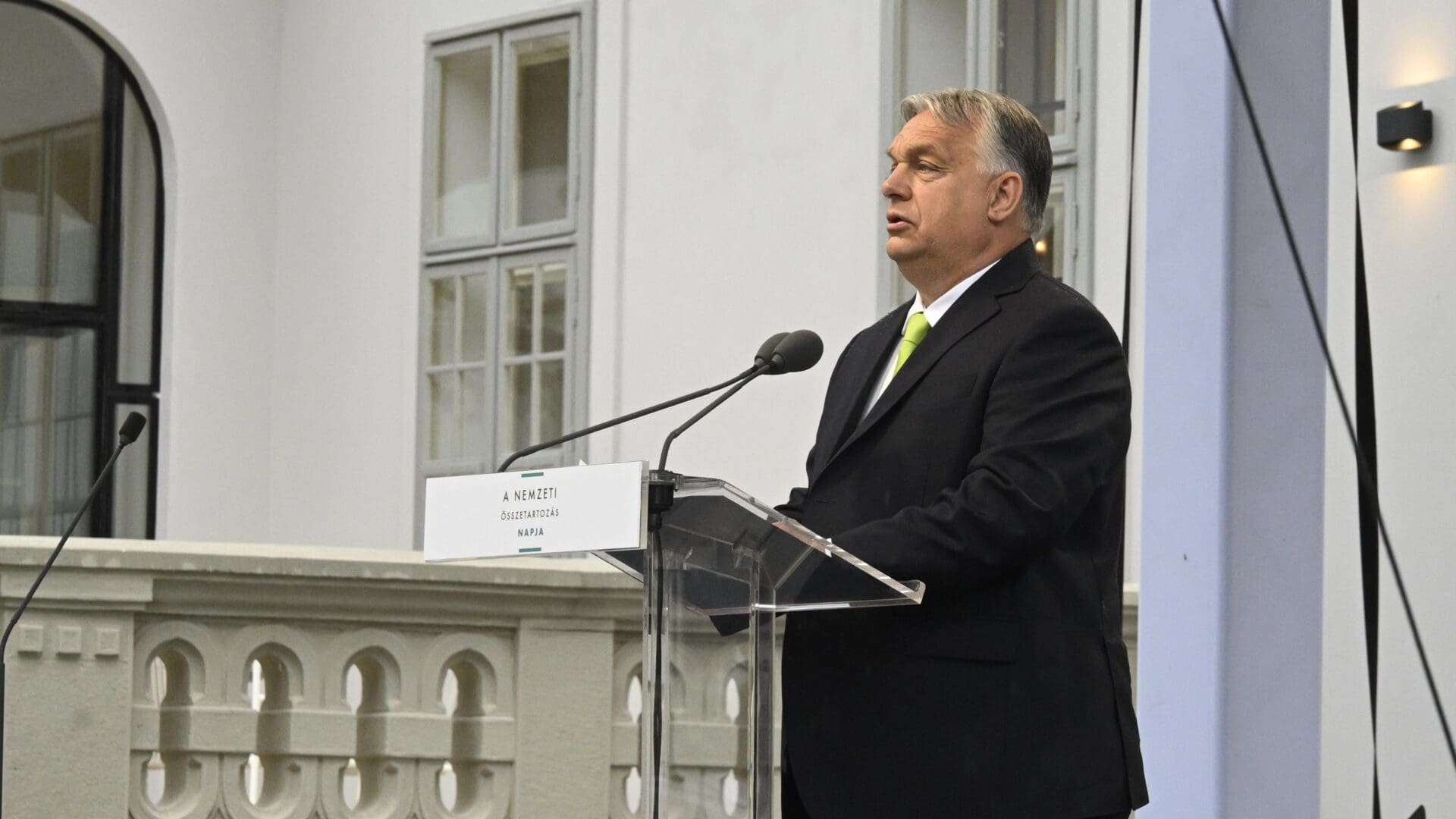
Trianon Showed Hungary the Cost of Being Dragged into a War; Today We Have the Opportunity to Choose — PM Orbán’s Speech on the Day of National Unity
‘Today, we must achieve what Prime Minister István Tisza could not: prevent Hungary from being drawn into another European war,’ Hungarian Prime Minister Viktor Orbán stressed in his speech on the Day of National Unity. 4 June marks one of the darkest days in Hungarian history: signed on this day in 1920, the Treaty of Trianon caused Hungary to lose about two-thirds of its territory and one-third of its population.

